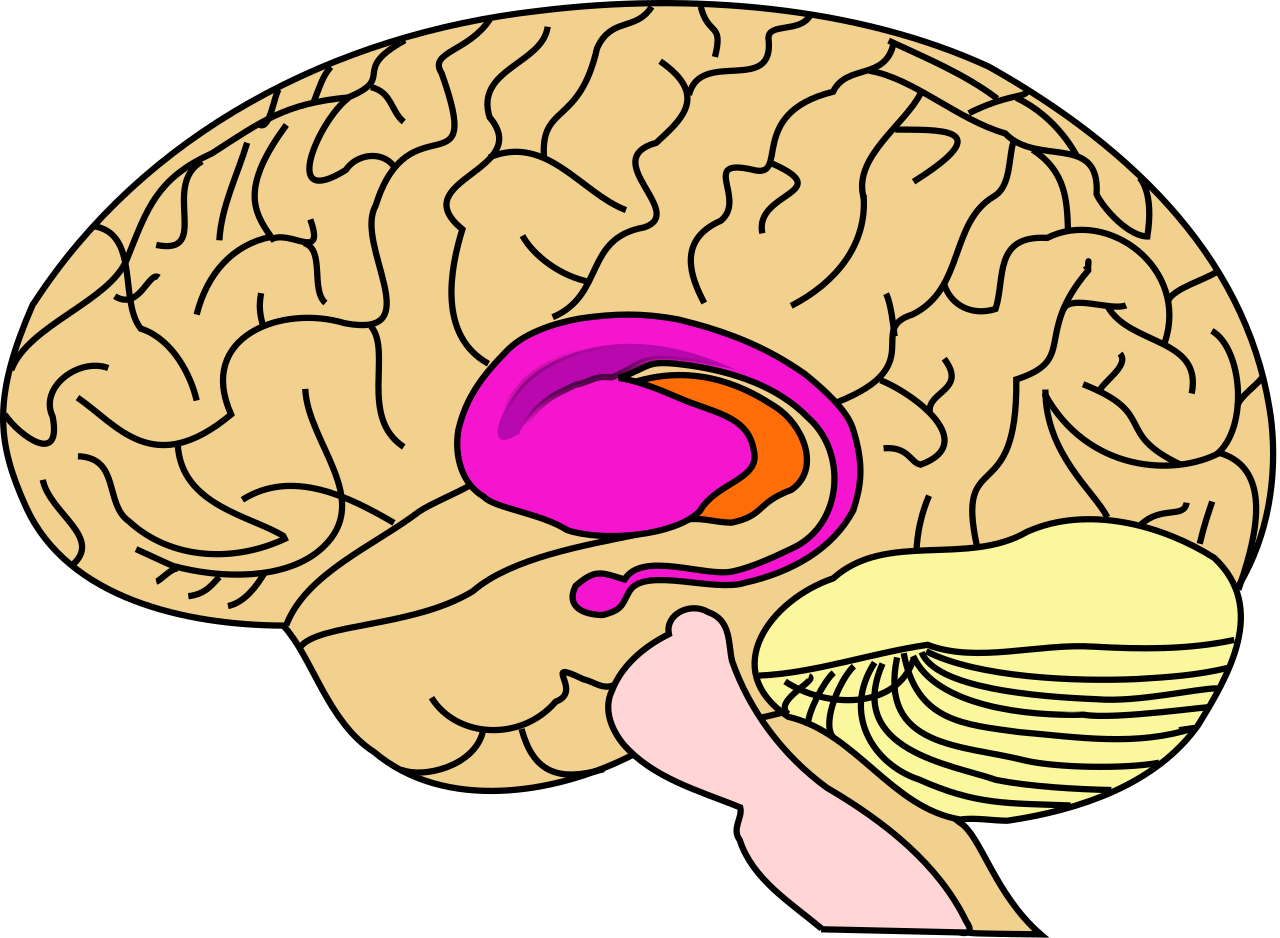42 Repeats
A family’s multigenerational battle with Huntington’s Disease
Huntington's disease is an inherited, fatal genetic disorder that causes the progressive deterioration of nerve cells in the brain. This is the story of how one family is dealing with the devastating effects of HD over three generations; A grandmother nearing the end of her life, a father in the mid stages of the disease and a daughter going through the genetic testing process.
This documentary was completed in partial fulfillment of the requirements for a Master of Arts degree at the University of Arizona.
The Generations . . .
Phyllis Ledyard is 69 years old and was diagnosed with Huntington’s disease is 1998. She has been in a nursing home for five years and is unable to talk, walk or eat on her own.
David Russell is 47 years old and was diagnosed with Huntington’s disease in 2015, inheriting the gene from his mother, Phyllis Ledyard. Russell has been most impacted by the cognitive and psychological symptoms thus far, which led him to attempt to take his own life in late 2015. He has three children who are all at-risk for inheriting the gene.
Jasmine Demers is 25 years old and is going through the process of getting tested for Huntington’s disease. As the granddaughter of Ledyard and the daughter of Russell, Demers is the oldest of three siblings who are at risk for inheriting HD.
What is Huntington’s disease?
Huntington’s disease is an inherited, fatal genetic disorder that causes the progressive break down of nerve cells in the brain. It deteriorates a person’s physical and mental abilities during their prime working years until eventually they are unable to walk, talk, eat or perform any other essential function on their own.
In the United States, about 30,000 people live with HD and an additional 200,000 are at-risk of inheriting the disease. There is currently no cure.
HD is caused by a gene known as the IT-15 gene, which encodes the huntingtin protein. Like any DNA sequence, the huntingtin protein contains a particular genetic code. In this case, the code is C-A-G. Everyone has this gene, and everyone has the huntingtin protein, but some inherit abnormalities.
C-A-G Repeats
A C-A-G repeat of 26 or less is considered to be normal and is what most people carry.
A repeat that ranges from 27 to 35 is also considered normal, but can be more unstable. This is also known as the “intermediate range.” If someone has a repeat in this range, it’s possible that they will not experience the symptoms of HD, but their children may inherit a higher repeat.
The abnormal expansion
36 to 39 C-A-G repeats is considered abnormal, but symptoms of HD are typically seen much later in a person’s life.
A C-A-G repeat of 40 and above is abnormal and always results in the development of HD.
Repeats are largely associated with age of onset. The larger the repeat, the earlier someone is likely to develop symptoms.
Symptoms
Symptoms of HD can be separated into three categories: Physical, cognitive and psychological symptoms. Symptoms can vary and often manifest different from person to person.
Physical symptoms: Involuntary movements (chorea), muscle contracture, impaired gait, posture and balance, difficulty swallowing, impaired speech
Cognitive symptoms: Memory loss, difficulty multitasking, trouble gathering thoughts, mental confusion, lack of concentration, delusion
Psychological symptoms: Depression, anxiety, apathy, irritability, poor impulse control, aggression
What’s next for HD Research?
The discovery of the HD gene in 1993 was a major milestone in the history of HD. It allowed scientists to then develop a genetic test, which targets the HD gene and is available for anyone who is showing symptoms of HD or at-risk for inheriting the gene.
Now, scientists are working with huntingtin-lowering drugs, which would ultimately serve to reduce a person’s production of the huntingtin protein to a normal level. The GNERATION-HD1 trial, conducted by Roche and Ionis, involves a huntingtin lowering drug called Ionis-HTTRx. Currently in phase three, the study has shown a 40 to 60 percent reduction in the huntingtin protein for HD patients.










